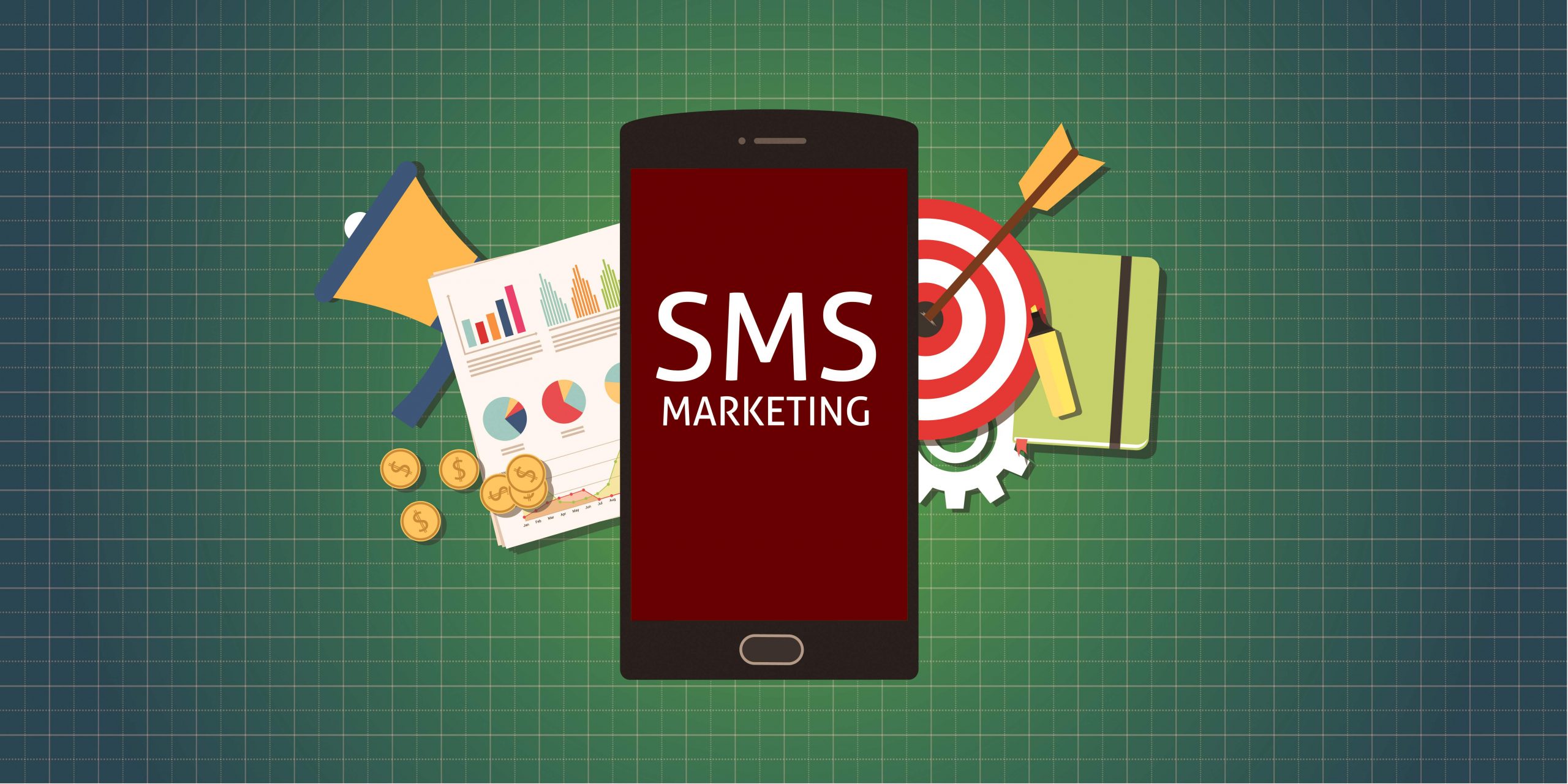What is SMS Marketing?
SMS marketing, short for Short Message Service marketing, is a powerful and direct form of mobile marketing that uses text messages to engage with potential and existing customers. Unlike email marketing or social media advertising, SMS marketing involves sending concise and impactful messages directly to a recipient's mobile device. These messages typically contain promotions, updates, alerts, or other information that is relevant to the recipient.
Key Aspects of SMS Marketing:
- Opt-in Lists: SMS marketing relies on opt-in lists, where customers voluntarily subscribe to receive text messages from a business. This ensures that recipients are genuinely interested in the content they receive.
- Short and Concise Messages: SMS messages are character-limited (usually 160-160 characters), so marketers must convey their message clearly and succinctly. This restriction forces businesses to get straight to the point.
- Two-way Communication: SMS marketing allows for two-way communication, enabling customers to reply to messages, ask questions, or provide feedback.
- Timely Delivery: SMS messages are delivered almost instantly, making it an ideal choice for time-sensitive promotions or important updates.
- Integration with Other Channels: SMS marketing can be integrated with other marketing channels, enhancing the overall marketing strategy's effectiveness.
Benefits of SMS Marketing
Now that we have a basic understanding of SMS marketing, let's dive into the compelling benefits it offers to businesses:
1. High Open Rates
One of the most significant advantages of SMS marketing is its exceptional open rate. On average, over 90% of text messages are read within the first three minutes of being received. This immediate engagement makes SMS an invaluable channel for businesses looking to grab their audience's attention.
2. Excellent Reach
SMS marketing has a broader reach than most other marketing channels. The majority of people have access to mobile phones, and texting is a universally accepted and widely used communication method. This means that businesses can connect with a wide audience, including those who may not have internet access or use social media.
3. Personalization
SMS marketing allows for a high level of personalization. Marketers can address customers by their first name and tailor messages to specific customer segments. This personal touch enhances the customer experience and can significantly boost engagement and conversion rates.
4. Immediate Action
Text messages are often associated with urgency. When businesses send SMS promotions, customers are more likely to act quickly to take advantage of limited-time offers, discounts, or exclusive deals. This immediacy can lead to higher conversion rates.
5. High Conversion Rates
Due to its immediacy and personalization, SMS marketing typically achieves higher conversion rates than other marketing channels. Whether it's making a purchase, clicking a link, or visiting a physical store, SMS messages have a compelling impact on consumer behavior.
6. Cost-Effective
Compared to traditional advertising methods, SMS marketing is cost-effective. It requires minimal investment for message delivery and can yield a substantial return on investment. With proper targeting and messaging, businesses can see impressive results on a budget.
7. Improved Customer Engagement
SMS marketing allows for two-way communication, fostering a sense of engagement and interactivity. Customers can respond to messages, ask questions, and provide feedback, creating a stronger connection between businesses and their audience.
In conclusion, SMS marketing is a dynamic and effective marketing strategy that offers numerous benefits to businesses. It enables direct, personal, and timely communication with customers, resulting in higher engagement, conversion rates, and ultimately, increased revenue. If you're looking to enhance your marketing efforts, SMS marketing is a channel worth considering for its unique advantages in today's mobile-centric world.
